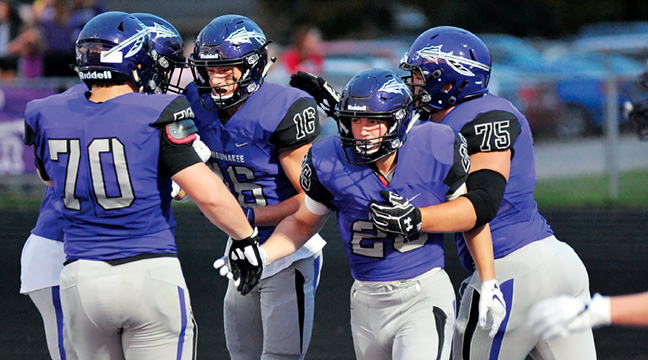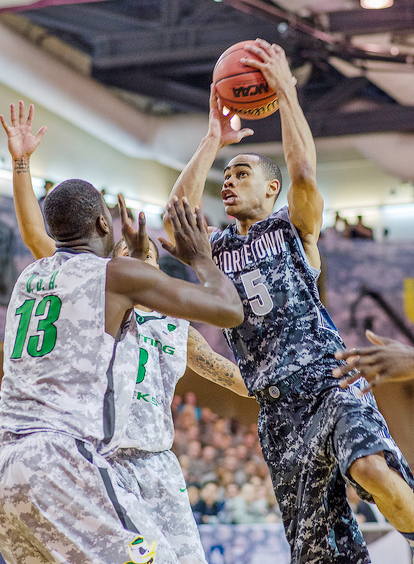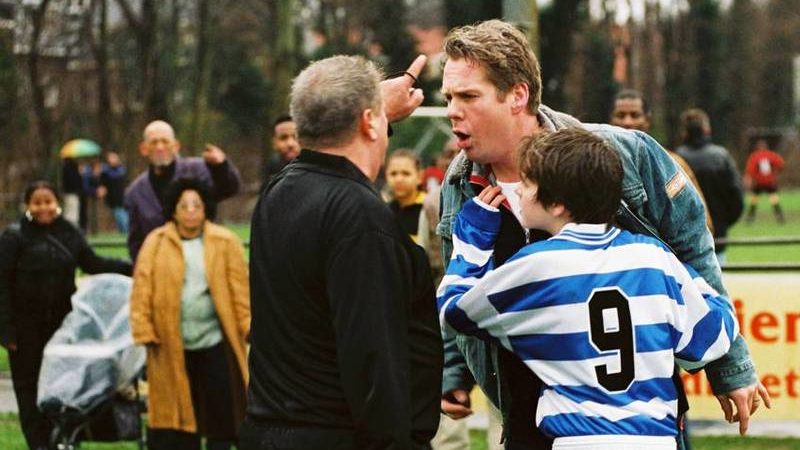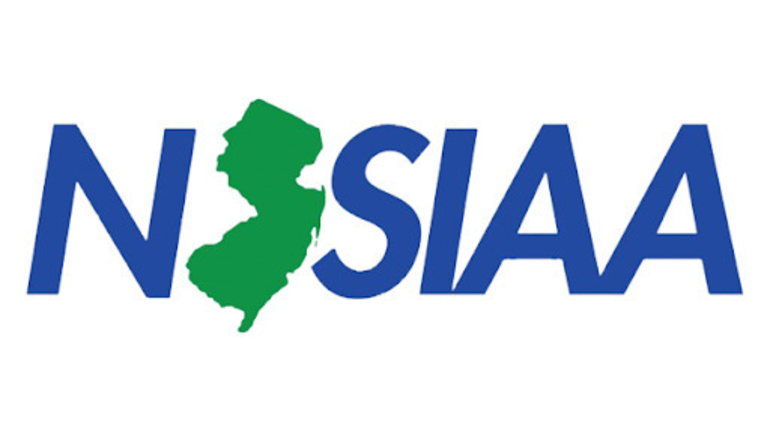Chemistry Creators: A deliberate plan to improve team culture

We were on the brink of a fantastic season. This was several years ago, when I had a strong core of returning players and a highly touted recruiting class joining our men’s basketball team at Southern Maine Community College. As head coach, I was looking forward to besting the previous year’s 18 wins and playing in our conference finals.
Six months later, we were watching other teams compete in the postseason. We had not even reached 18 victories.
What went wrong?
I did not work on creating team culture. I assumed it would develop on its own. We had a lot of talent, but I never took the time to define what our team was about and mesh personalities. Like all coaches, I focus a lot on recruitment, practice preparation, player evaluations, scouting and film breakdown. Building the right environment was not at the top of my list. But that neglect can lead to a team suffering in more ways than one.
Your captain must be just as willing as you are to focus on creating the right atmosphere.
The longer I’m in athletics, the more I understand the importance of team culture. Without a strong sense of purpose, a team will not meet its potential. I decided to make developing a positive environment a larger priority. I clearly define expectations and make a point to notice, question, and talk about everyone’s actions and attitudes in a more deliberate manner. The result has been a focused group of players who work hard to be better today than they were yesterday.
What are some ways to make team culture a key element in one’s program? The first step is to define expectations. We start by asking players to develop individual goals. Then, as a group, we compile goals for our team. As part of this discussion, I talk about what each player can bring to the program. I spell things out by defining “chemistry creators” and “energy suckers,” and making a list describing each.
» RELATED: Repairing a team’s damaged culture
Our “chemistry creator” list outlines what we want each player to do to build our culture. Some of these expectations are related to actions during play, and some are not. I tell my players that chemistry creators:
- Care about the team outcome over their personal accolades.
- Put the team’s success ahead of their own.
- Hold each other accountable regarding team rules, social media, classroom expectations, practice effort and so on.
- Find a way to help a teammate each day.
- Place an emphasis on succeeding in the classroom.
- Acknowledge unselfish efforts by others.
Secondly, I list the characteristics of an “energy sucker.” I’ve found that the attitudes in this category can be contagious — once they start, they can snowball — so it’s very important to nip them in the bud. An energy sucker:
- Is only satisfied when personal accolades are received, regardless of team outcomes.
- Is negative, and believes it was someone else’s fault when we don’t succeed.
- Complains about shots, playing time or their role on the team.
- Doesn’t commit to their best effort academically (misses classes and study hall, late assignments, doesn’t get help from tutors).
- Exhibits negative body language when receiving instruction.
The next step is to emphasize positive behaviors over negative ones. Not every player arrives on a team as a chemistry creator. However, we can teach it and develop it.
One idea is to start practice by asking players what they did that day to help a teammate. Answers shouldn’t always be related to the sport. Encourage small things like an upperclassman helping a freshman find a classroom or sign up for next term’s classes. Promote players being accountable for each other’s success in all aspects of life.
It can help to place a value on unselfish intangibles. A colleague of mine gives out a gold practice shirt each day to a player on his basketball team who took the most offensive charges in practice. The idea is easily transferable. You can hand out a reward to the player who was the most encouraging in practice. Think about what qualities you want to see in your players to develop a positive culture and figure out how to recognize them.
» ALSO SEE: The 7 C’s of a successful team

Sometimes, you have to specifically teach how to be an unselfish teammate. On our team, I insist that when a player receives a great pass, he must point his finger in the direction of the player who distributed the pass. This is simple, but a lot of players don’t come in with the instinct to recognize an unselfish play. We deliberately teach “the point” to emphasize teamwork.
Finally, make sure captains and team leaders are selling your philosophy. I meet with my captain every day, even if it’s only for five minutes, to talk about team culture. We might discuss conversations among players that took place after our film session or whether anyone on the team is struggling academically. Your captain must be just as willing as you are to focus on creating the right atmosphere. He or she will benefit in the long run by learning to be an effective leader.
Along with bolstering actions associated with chemistry creators, you have to be on the lookout for energy sucking behavior. When you spot it, correct it immediately. I usually bring that particular player into my office and pull out the goals he shared with the group in the beginning of the year. I ask how his particular behavior meets those goals. This helps him understand what he is doing wrong and the importance of turning his attitude around.
Sometimes I’ll ask our team manager to film the player during practice instead of the full court. Then, I’ll ask the player to watch the video with me. Film doesn’t lie. This has proven to be a great corrective tool with instant feedback.
Winning is a byproduct of many factors. By creating a team culture that promotes chemistry creators and squashes energy suckers, you’ll put yourself in a position to be successful, as well as enjoy each day.
Matt Richards is associate dean of students, director of athletics, and head men’s basketball coach at Southern Maine Community College.





